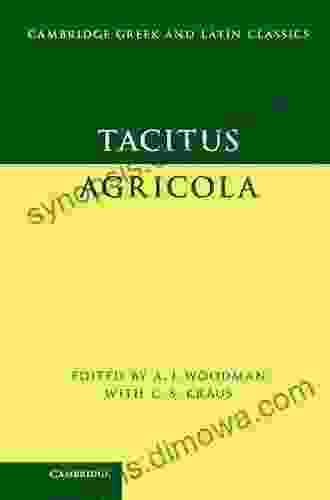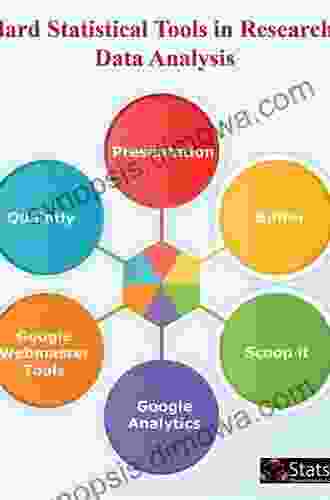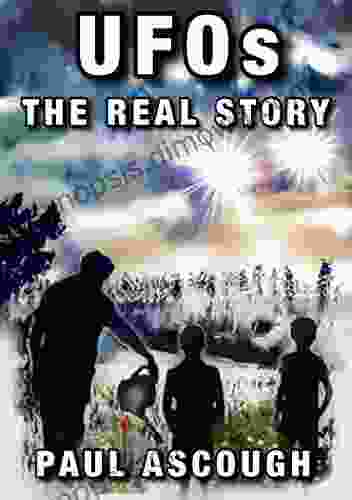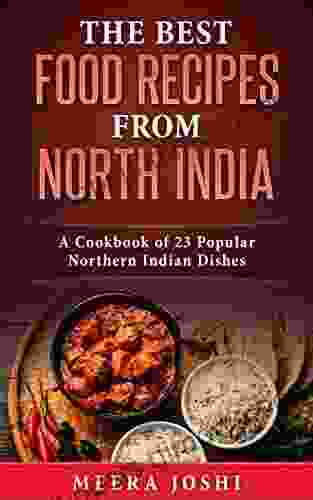Tacitus' Agricola: A Timeless Exploration of Leadership and Empire

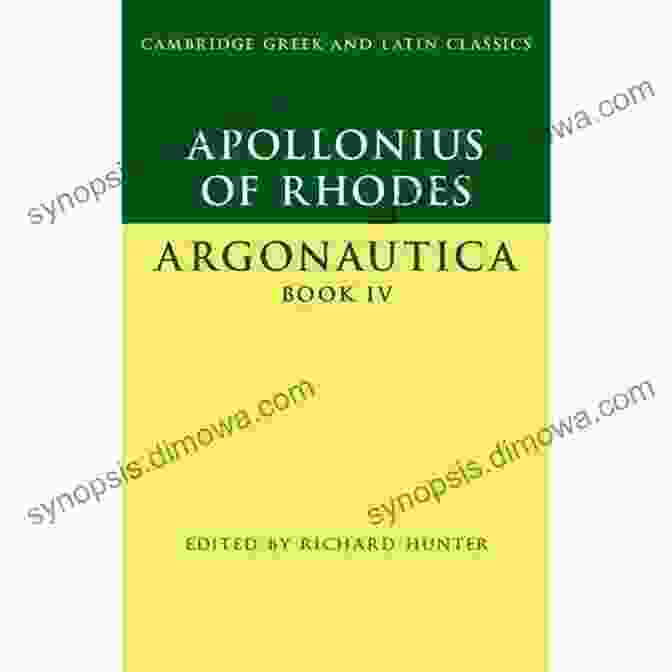
4.2 out of 5
| Language | : | English |
| File size | : | 2544 KB |
| Text-to-Speech | : | Enabled |
| Screen Reader | : | Supported |
| Enhanced typesetting | : | Enabled |
| Print length | : | 372 pages |
Tacitus' Agricola is a biographical and historical masterpiece that provides a profound examination of leadership, empire, and the human condition. Written around 98 CE, it chronicles the life and career of Gnaeus Julius Agricola, Tacitus' father-in-law and a distinguished Roman general who served as governor of Britain. Through the lens of Agricola's experiences, Tacitus explores the complexities of Roman imperialism, the nature of leadership, and the challenges of reconciling personal ambition with the greater good.
Historical Context
The Roman Empire reached its zenith during the reign of Emperor Trajan, who ascended to the throne in 98 CE. Trajan's expansionist policies led to the conquest of new territories, including Dacia and Mesopotamia. However, the empire also faced significant challenges, including internal strife and the growing threat of barbarian invasions.
In this context, Tacitus' Agricola served as a timely meditation on the nature of Roman power and the responsibilities of its leaders. Agricola's successful campaigns in Britain demonstrated the strength and reach of the empire, but they also highlighted the challenges of governing such a vast and diverse territory.
Literary Style
Tacitus' Agricola is renowned for its literary prowess. Written in a concise and elegant style, it combines historical narrative with philosophical reflections. Tacitus employs a range of rhetorical devices, including vivid imagery, parallelism, and irony, to create a compelling and thought-provoking account of Agricola's life.
The work is particularly notable for its use of speeches, which allow Tacitus to explore the different perspectives of his characters and to delve into complex moral and political issues. Agricola's own speeches, delivered before the Roman Senate, are particularly powerful and provide insights into his character and beliefs.
Leadership and Empire
At the heart of Tacitus' Agricola is an exploration of the nature of leadership and the responsibilities of those who wield power. Through the example of Agricola, Tacitus argues that a good leader must possess both military prowess and moral integrity. Agricola is portrayed as a skilled general who seeks glory through conquest, but he is also a just and compassionate administrator who cares for the welfare of his people.
Tacitus also examines the complex relationship between leadership and empire. Agricola's campaigns in Britain are a microcosm of the wider Roman Empire, and Tacitus uses his narrative to explore the challenges of governing such a vast and diverse territory. He grapples with the moral and ethical implications of imperialism, raising questions about the legitimacy of Roman rule and the impact of conquest on both the conquerors and the conquered.
The Human Condition
Beyond its political and historical insights, Tacitus' Agricola also offers a profound meditation on the human condition. Through the experiences of Agricola and his family, Tacitus explores themes of ambition, loss, and mortality. Agricola's rise to power is a testament to his ambition and determination, but it also leads to tragedy and personal sacrifice.
Tacitus' Agricola is a timeless work that continues to resonate with readers today. Its insights into leadership, empire, and the human condition are as relevant now as they were in the first century CE. Whether approached as a historical document, a literary masterpiece, or a philosophical treatise, Agricola offers a rich and rewarding experience that challenges our understanding of the past and ourselves.
Tacitus' Agricola is a powerful and insightful work that offers valuable lessons on leadership, empire, and the human condition. Its historical narrative, literary artistry, and philosophical depth make it a classic text that has stood the test of time. Whether read for its historical insights, its literary merits, or its philosophical teachings, Agricola is a work that will continue to engage, challenge, and inspire readers for generations to come.
4.2 out of 5
| Language | : | English |
| File size | : | 2544 KB |
| Text-to-Speech | : | Enabled |
| Screen Reader | : | Supported |
| Enhanced typesetting | : | Enabled |
| Print length | : | 372 pages |
Do you want to contribute by writing guest posts on this blog?
Please contact us and send us a resume of previous articles that you have written.
 Book
Book Novel
Novel Page
Page Chapter
Chapter Text
Text Story
Story Genre
Genre Reader
Reader Library
Library Paperback
Paperback E-book
E-book Magazine
Magazine Newspaper
Newspaper Paragraph
Paragraph Sentence
Sentence Bookmark
Bookmark Shelf
Shelf Glossary
Glossary Bibliography
Bibliography Foreword
Foreword Preface
Preface Synopsis
Synopsis Annotation
Annotation Footnote
Footnote Manuscript
Manuscript Scroll
Scroll Codex
Codex Tome
Tome Bestseller
Bestseller Classics
Classics Library card
Library card Narrative
Narrative Biography
Biography Autobiography
Autobiography Memoir
Memoir Reference
Reference Encyclopedia
Encyclopedia Dean Feldmeyer
Dean Feldmeyer Jeff Goldberg
Jeff Goldberg David B Dean
David B Dean David L Smith
David L Smith Spike Andrews
Spike Andrews Deb Caletti
Deb Caletti David A Pietz
David A Pietz David Arthur Jarratt
David Arthur Jarratt David Brown
David Brown Joachim Piprek
Joachim Piprek David Mark Quigley
David Mark Quigley Sunil Khushalani
Sunil Khushalani Jerzy Cioslowski
Jerzy Cioslowski David Howie
David Howie Deena Chadwick
Deena Chadwick David Albertson
David Albertson David Smith
David Smith Ralph Berry
Ralph Berry Dean Gemmell
Dean Gemmell David S Wills
David S Wills
Light bulbAdvertise smarter! Our strategic ad space ensures maximum exposure. Reserve your spot today!
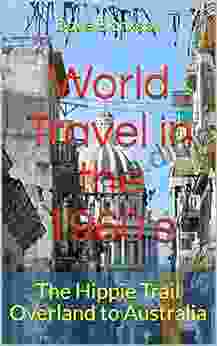
 Tennessee WilliamsThe Hippie Trail Overland to Australia: An Epic Journey to the Land Down...
Tennessee WilliamsThe Hippie Trail Overland to Australia: An Epic Journey to the Land Down... Floyd PowellFollow ·6.1k
Floyd PowellFollow ·6.1k Clarence BrooksFollow ·15.6k
Clarence BrooksFollow ·15.6k Stanley BellFollow ·13.3k
Stanley BellFollow ·13.3k Darren BlairFollow ·4.3k
Darren BlairFollow ·4.3k Ethan GrayFollow ·8k
Ethan GrayFollow ·8k Andres CarterFollow ·17k
Andres CarterFollow ·17k E.E. CummingsFollow ·8.3k
E.E. CummingsFollow ·8.3k D'Angelo CarterFollow ·13.2k
D'Angelo CarterFollow ·13.2k

 Aron Cox
Aron CoxMastering Project Management: The Ultimate Guide to...
In today's competitive...

 Dominic Simmons
Dominic SimmonsLet's Build Sue Fliess: Unleash the Polychrome Master...
Chapter 1: The...
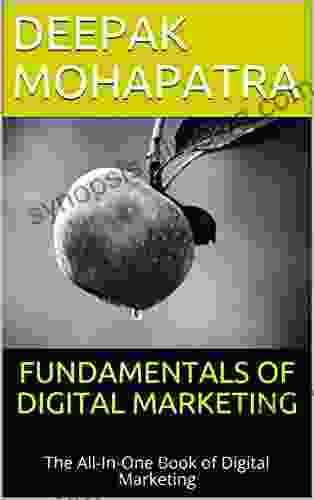
 Mason Powell
Mason PowellMaster the Digital Marketing Landscape: Fundamentals of...
In the age of digital...

 Aubrey Blair
Aubrey BlairUncover the Secrets of Ancient Blades and Enchanting...
Embark on an Enchanting Journey into the...

 Shannon Simmons
Shannon SimmonsUnleash the Spooktacular with Spooky Crochet Tutorials...
Prepare to be spooked...

 Cade Simmons
Cade SimmonsImmerse Your Little Ones in a World of Enchantment with...
Nursery rhymes have forever ignited the...
4.2 out of 5
| Language | : | English |
| File size | : | 2544 KB |
| Text-to-Speech | : | Enabled |
| Screen Reader | : | Supported |
| Enhanced typesetting | : | Enabled |
| Print length | : | 372 pages |


